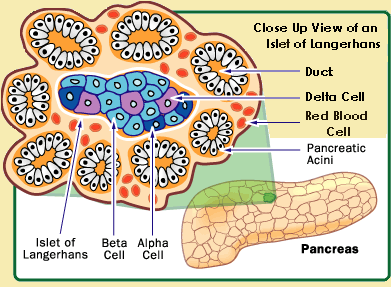I kinda feel like my blog's dead. Haih, why can I never update regularly?
Nvm, here I am to save the day (or blog, in this case)!!
OK, I'm gonna do a sort of review of the 2 movies I watched recently. Hmm, I just realized that I watched these 2 movies with the same person: Timothy. Ya la, my schedule lately has been quite irregular and that fella has nothing to do at all nowadays.
First movie: Percy Jackson & the Olympians: The Lightning Thief
This movie was a HUGE disappointment for me because I'm a fan of the books. I was really really really looking forward to watching this movie when Lydiar (who introduced the books to me) told me that the books were gonna be adapted to a movie.
I stayed away from the trailers and reviews of this movie so that I could be pleasantly surprised when I finally watch the movie BUT!!! I was HORRIBLY surprised instead :(
I guess I should never get my hopes up when a book's made in a movie.
The scenes in movies are almost always not what you'd imagine them to be and words (as in books) are always the best medium to describe things. Besides, how can it be possible for them to fit everything in the book into a 2-hour movie?
Still, even if there hadn't been any book in the picture, the movie was mediocre at best. It could have been done better... Haih, such a disappointment la :( :( :( 3 sad faces...
Rating: 4/10, but I'm biased cos I had such high expectations of it
*Diar was also disappointed with the movie. So basically, the adaptation was poor!
P.S. Will blog about the second movie (Valentine's Day) in the next post...wait for it!




